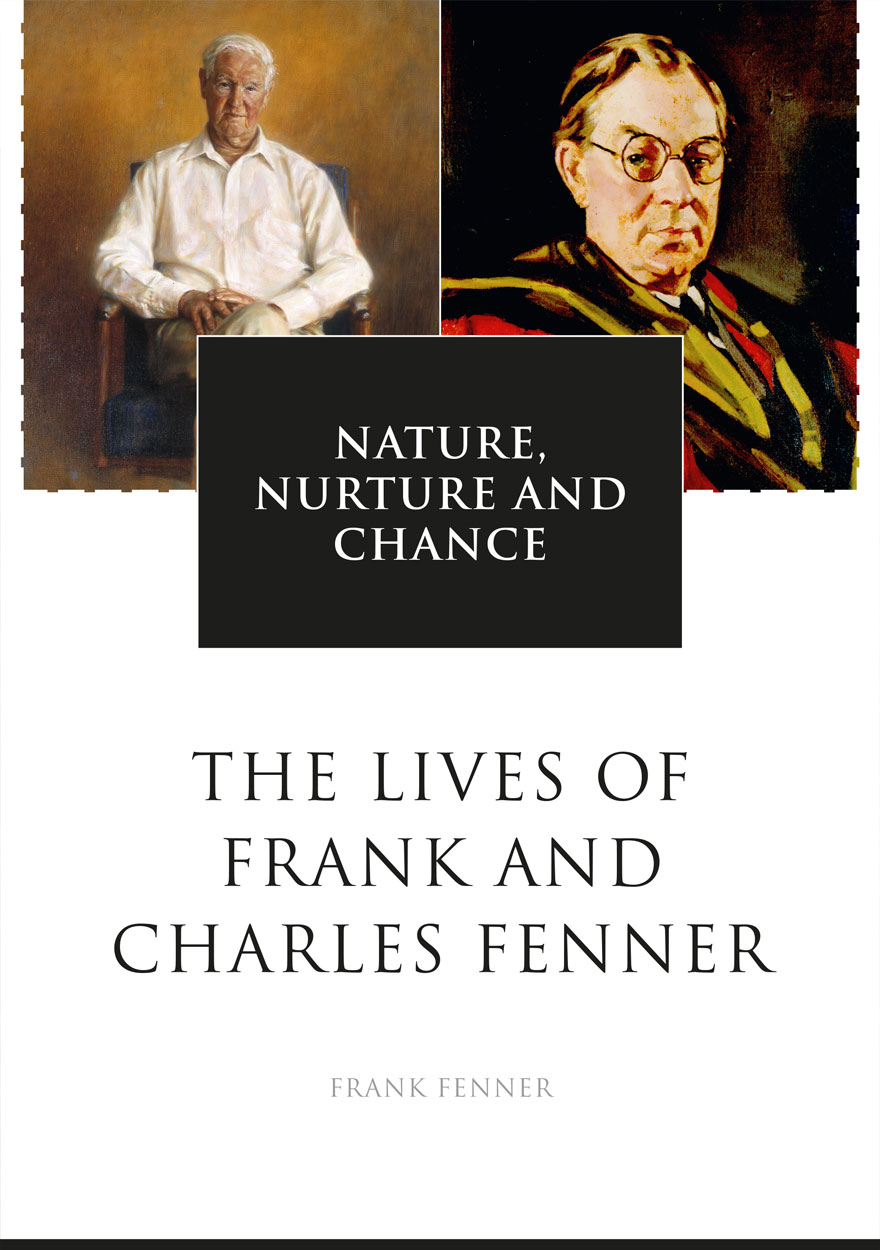Search titles
Displaying results 11 to 13 of 13.

Complex Science for a Complex World »
Exploring Human Ecosystems with Agents
Edited by: Pascal Perez, David Batten
Publication date: August 2006
It is well known that human activities are endangering the stability and sustainability of many fragile ecosystems to such an extent that their future is in doubt. At the same time, these ecosystems are inherently challenging to manage successfully because of the complexity and uncertainty associated with their ongoing evolution. Much of this complexity and uncertainty may be attributed to the human dimension. Thus it is imperative that we deepen our understanding of how and why people choose to interact with one another and how this interactive behaviour affects these ecosystems as time passes.
Fortunately, a new kind of science is helping us deepen our understanding of how human ecosystems might grow and change over time. Beyond a mere collation of various reflections and applications, the chapters in this book aim to convince the reader that this new kind of science is worthy of our attention. It is a science that fully embraces the complexity of our surrounding world. It is also a science that addresses the frontiers of interactions between human behaviour and environmental responses. Furthermore, it is a science that challenges our limited understanding and treatment of uncertainty. And finally, because it is socially embedded, it is a science that can generate partnerships with local communities in a constructive manner.
We hope that you will enjoy the reading of such a diverse ‘ouvrage’ whose purpose is to attract more early career scientists into our field of research and to convince decision-makers that a growing contingent of colleagues working on complexity theory can provide useful tools and methods to better understand complex and adaptive environments. It is time to reassure you (the reader) that the rise of a ‘Complex Science for a Complex World’ doesn’t mean more complicated relationships between science and society.

Informative Psychometric Filters »
Authored by: Robert A. M. Gregson
Publication date: August 2006
This book is a series of case studies with a common theme. Some refer closely to previous work by the author, but contrast with how they have been treated before, and some are new. Comparisons are drawn using various sorts of psychological and psychophysiological data that characteristically are particularly nonlinear, non-stationary, far from equilibrium and even chaotic, exhibiting abrupt transitions that are both reversible and irreversible, and failing to meet metric properties. A core idea is that both the human organism and the data analysis procedures used are filters, that may variously preserve, transform, distort or even destroy information of significance.

Nature, Nurture and Chance »
The Lives of Frank and Charles Fenner
Authored by: Frank Fenner
Publication date: July 2006
Judging by the numbers of newspaper reviews, biographies (including autobiographies) are amongst the most common literary works published these days. However, it is uncommon to find one book that combines a biography and an autobiography, as this book, Nature, Nurture and Chance: The Lives of Frank and Charles Fenner, does. As the author, Frank Fenner, sees it, ‘nature’ means the combination of genes that we inherit from our parents; ‘nurture’ means the way that our physical and social environment, especially during childhood, influence our mental and emotional characteristics; and chance is defined as ‘the way things fall out’. These three elements define the careers of all human beings. The author uses them to compare his father’s life and his own.



